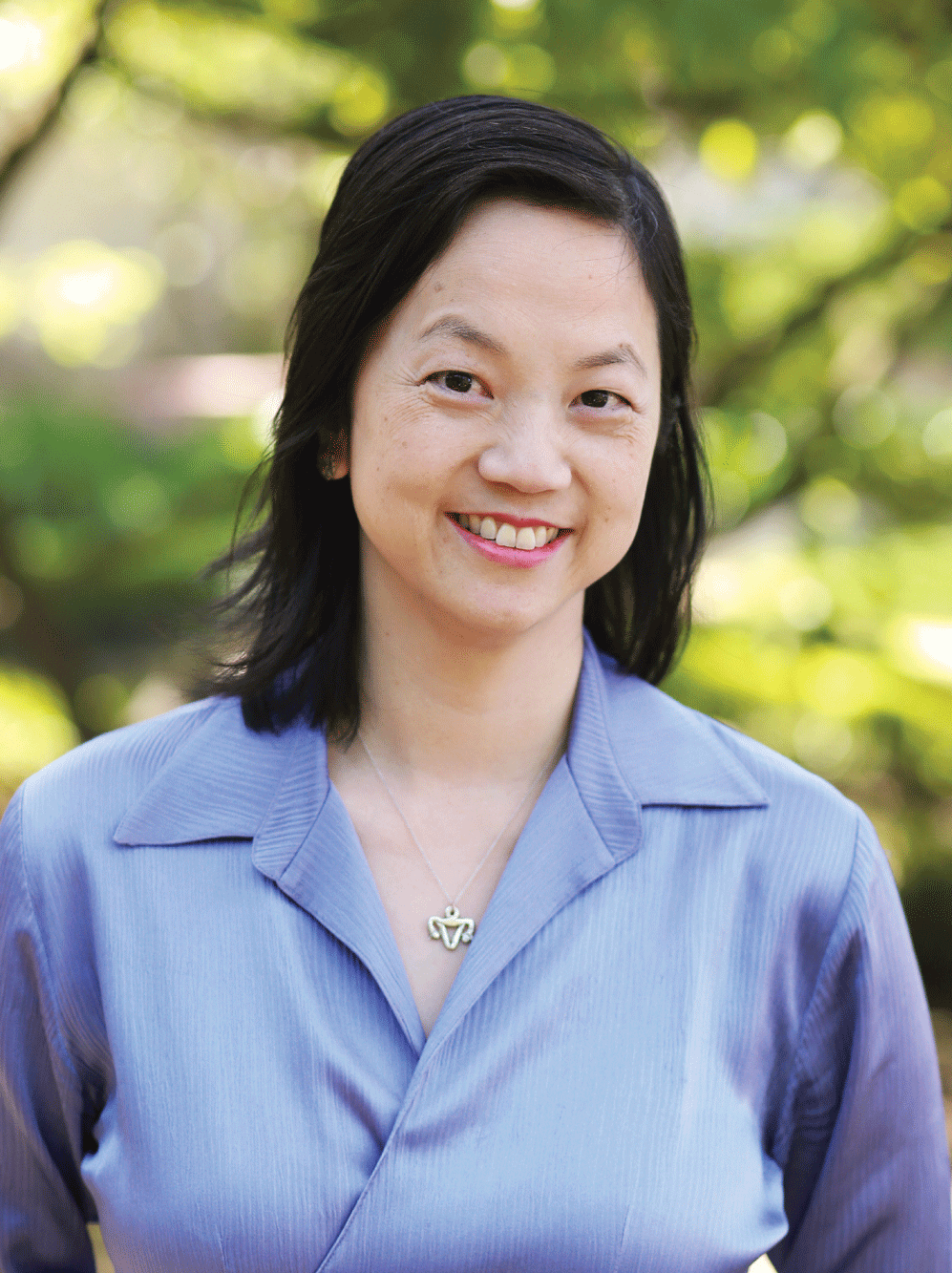Physician Founds Online Birth Control Service
-
-
slice.mit.edu
- 1
Filed Under

Sophia Yen '93 is a woman with a mission: to make it as easy as possible to prevent unplanned pregnancies by making prescription contraceptives available online.
A year ago Yen, along with a pharmacist and three others, cofounded Pandia Health, a Web-based service that automatically sends refills of three different types of prescription birth control: the pill, ring, or patch. The service also provides prescriptions if needed, with no required in-person medical encounter.
Patients must fill out a detailed health questionnaire and submit a blood pressure reading taken at a doctor’s office, ER visit, or local pharmacy or grocery store within the past 365 days.
Yen calls this effort “almost a culmination of my life’s work,” noting that she has been interested in medicine since childhood. She earned an SB in biology from MIT, where she found a mentor in former MIT Medical pediatrician Mark Goldstein. She also participated in what was known as “a contraceptive road show,” visiting MIT’s living groups to share information about birth control. After MIT, she earned an MD from UC San Francisco and a master’s degree in public health from UC Berkeley. She is now a clinical associate professor of pediatrics at Stanford Medical School but devotes much of her time to Pandia Health.
Yen also cofounded SheHeroes, which produces video profiles of female professionals, including MIT professor Angela Belcher, to inspire girls to pursue careers in science, technology, engineering, and math.
Although reproductive health is her passion, Yen is also conversant in fund-raising, marketing, and revenue projections. She did the accounting for her parents’ Silicon Valley chip manufacturing company starting as a fourth grader, and at MIT she was treasurer for her class as well as for her sorority, Alpha Chi Omega. “I have business in my blood,” she says, noting that her grandfather was an entrepreneur as well.
Her accessories offer a revealing glimpse into Yen’s background. “I’m the only startup founder with a uterus necklace around my neck and a beaver ring on my finger,” she says with a laugh.
This article originally appeared in the September/October 2017 issue of MIT Technology Review magazine.








Comments
Napier Fuller
Wed, 10/18/2017 12:14pm
It's really sad to see MIT alumni working to REDUCE fertility when demographically speaking, highly educated people are statistically baren -- they produce far less offspring than required for population stability. MIT alumni can contribute meaningfully to the world by having children: by being parents and thus creating human civilization itself. Finally, "contra-ception" is a deception as many of the techniques are "aborticides" that involve the intentional killing of human life. Such is evil and can never be accepted. https://www.washingtonpost.com/news/to-your-health/wp/2017/06/30/the-u-s-fertility-rate-just-hit-a-historic-low-why-some-demographers-are-freaking-out/?utm_term=.5db61b270b86